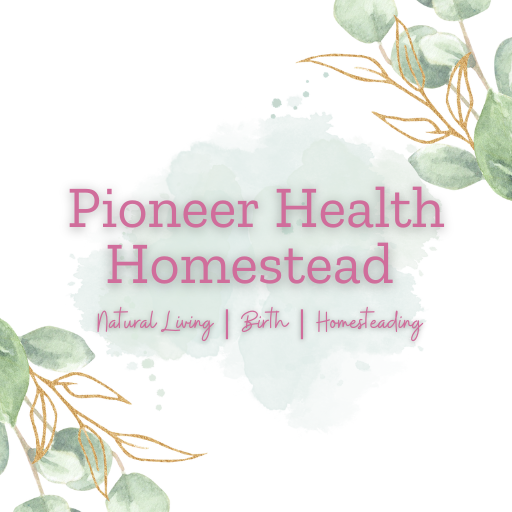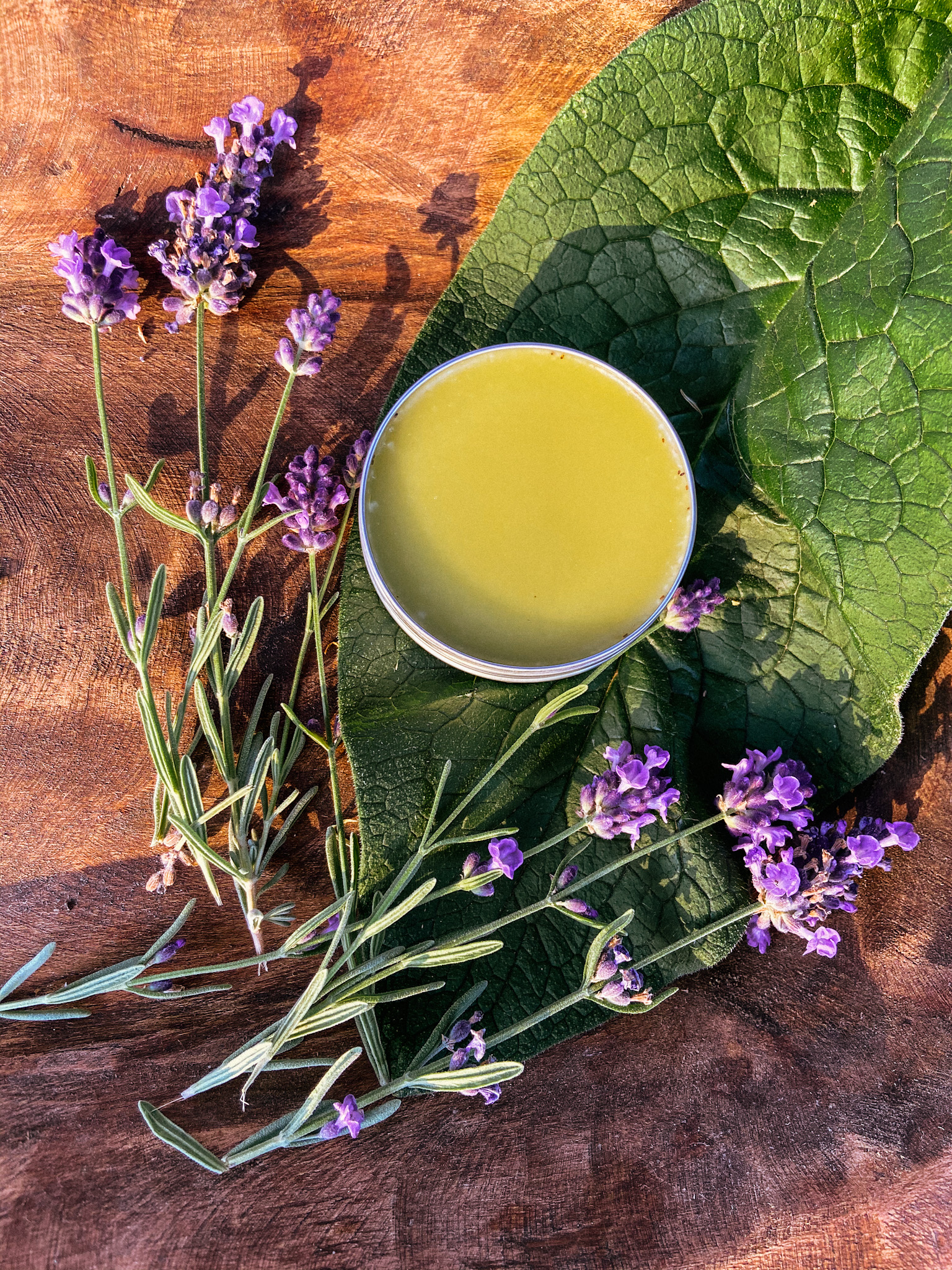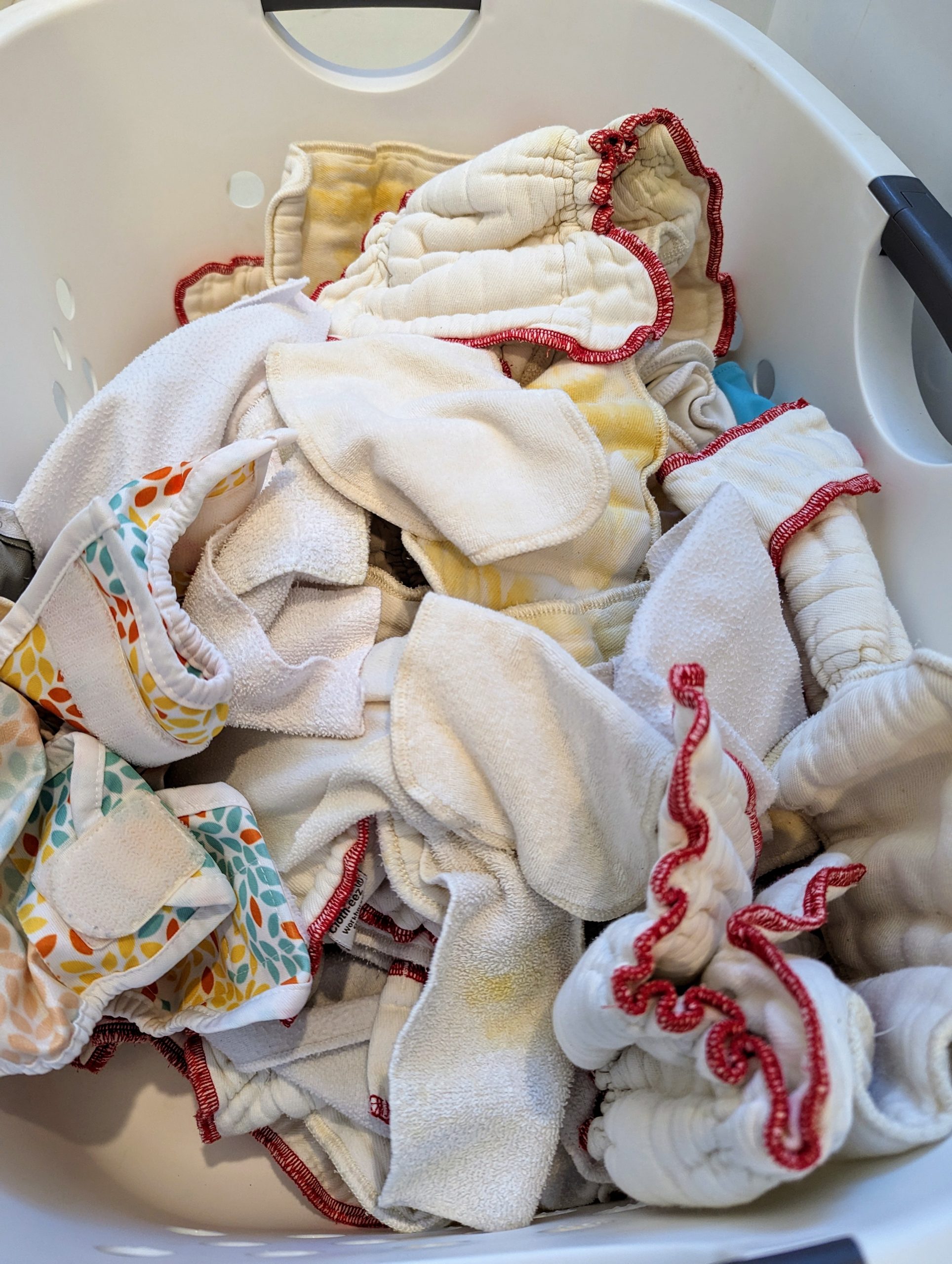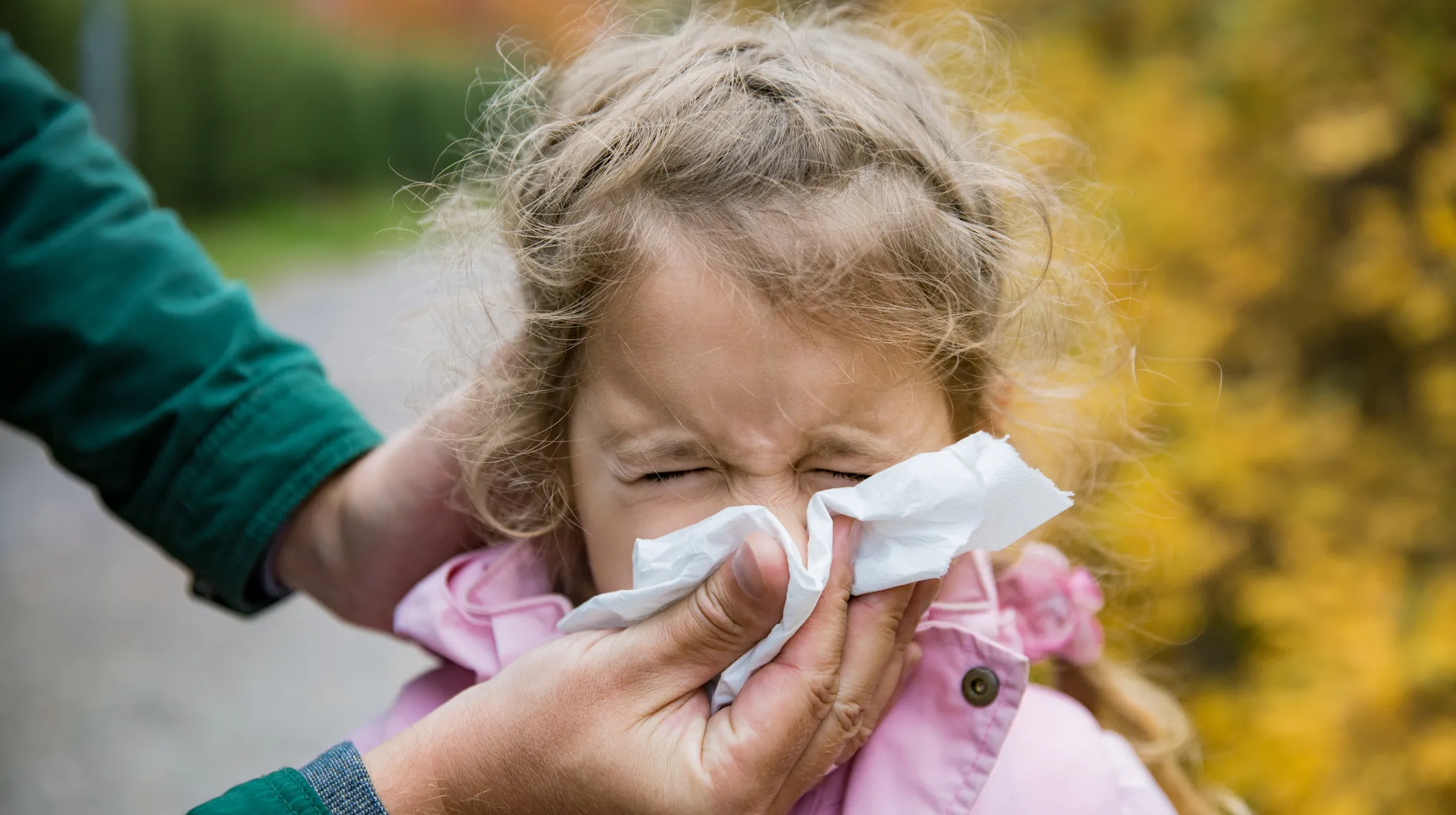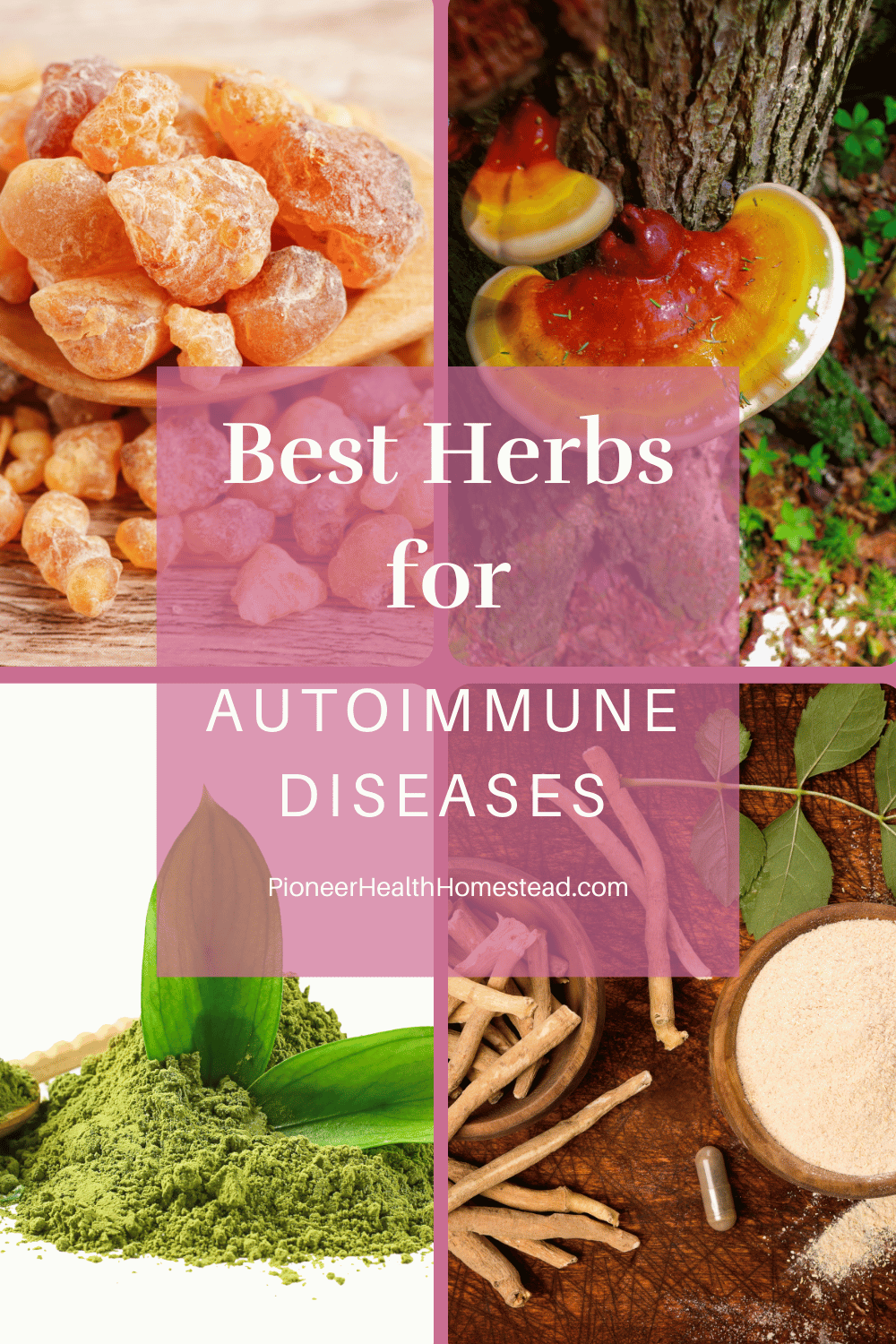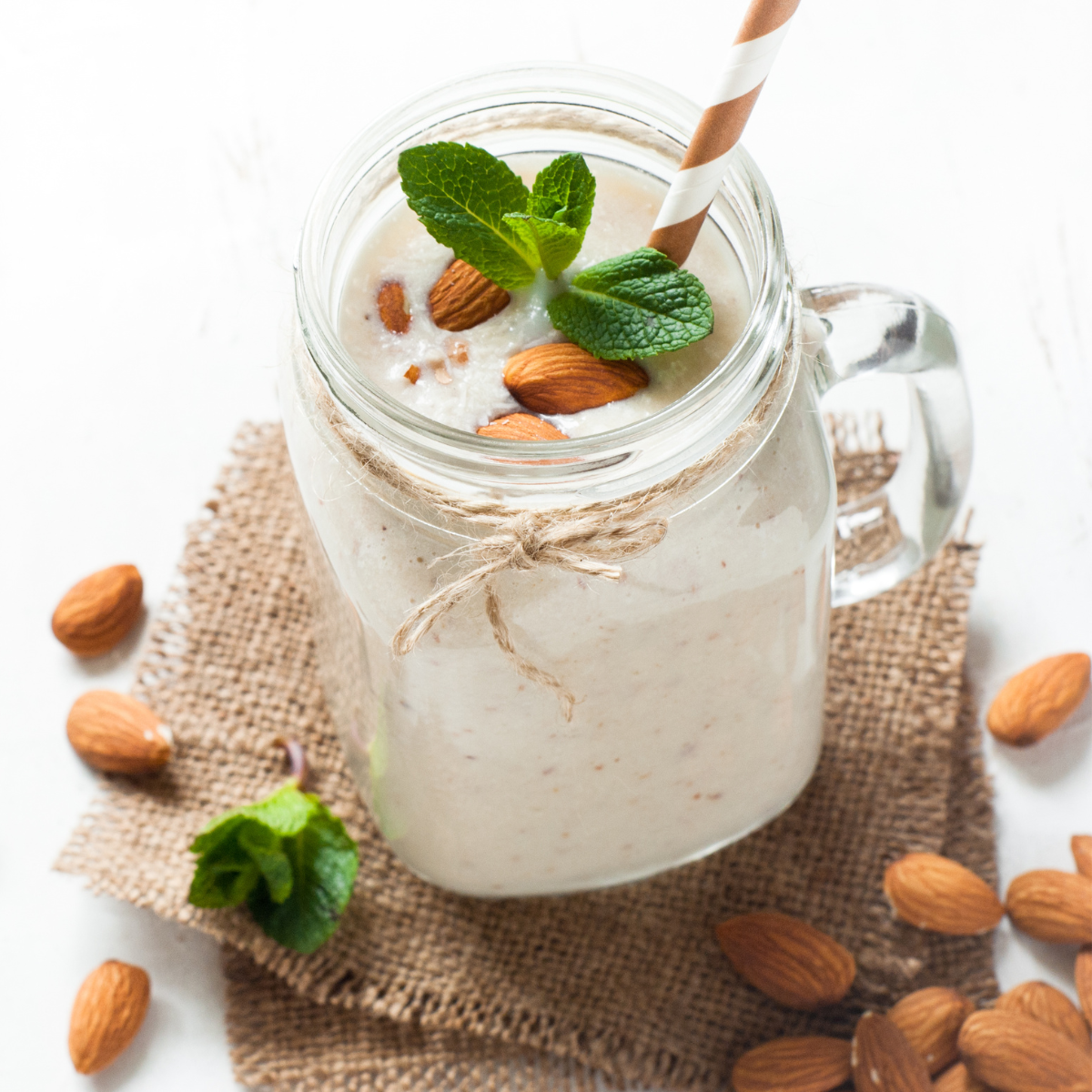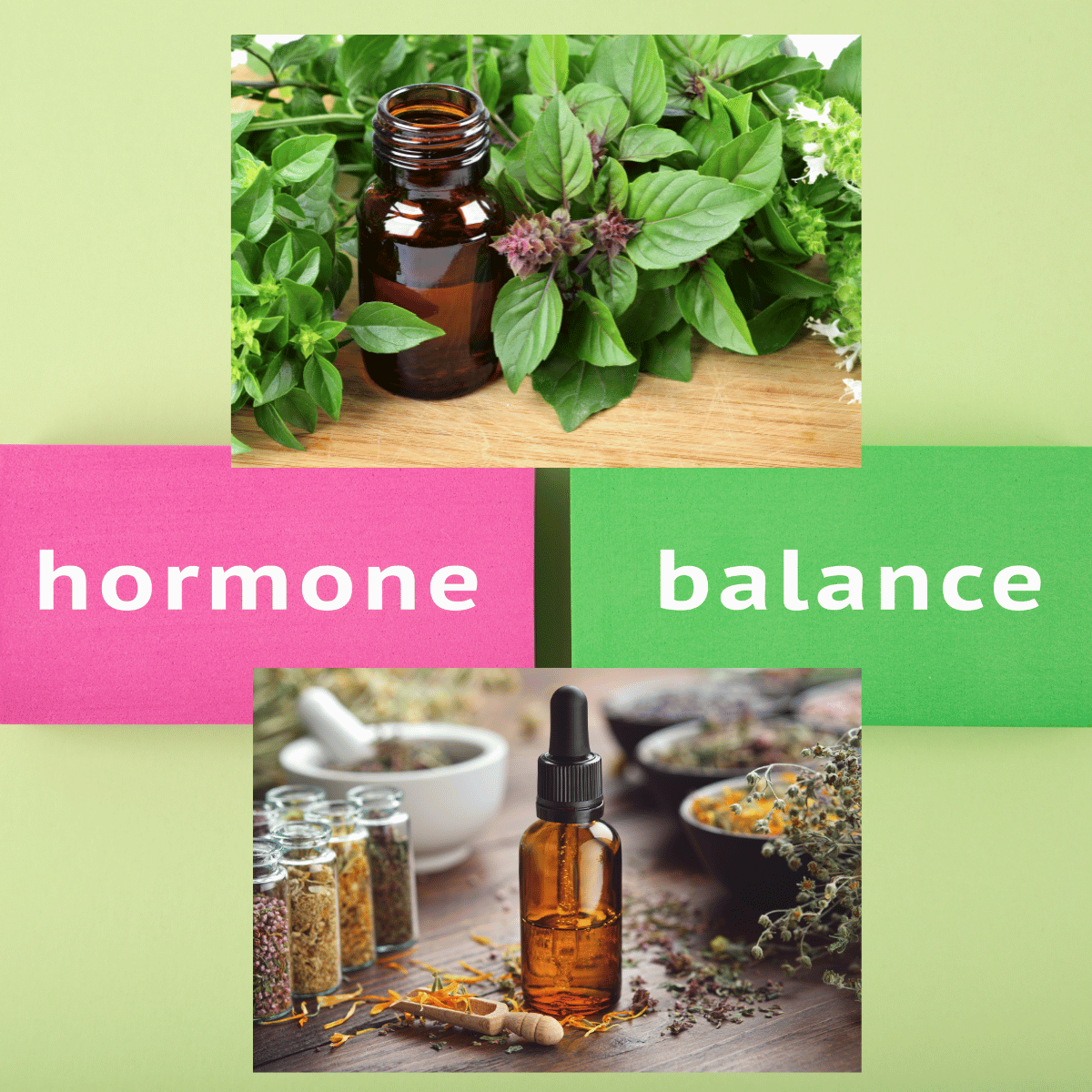Best Herbs for Anxiety and Stress: Calming Remedies
Finding Calm Naturally: A Personal Story
When it comes to managing stress, I’ve found that some of the best herbs for anxiety can offer a gentle and supportive way to cope, whether it’s juggling the endless demands of being a mom of five or dealing with stress in my role as a Registered Nurse. Anxiety can creep into our lives in so many ways—whether it’s from a sudden, stressful situation or persistent worries that seem to linger. Over the years, I’ve learned the importance of having natural remedies on hand to help restore a sense of calm when things feel overwhelming.
Why Choose These Best Herbs for Anxiety?
In my experience, many people are turning to herbal treatments as a more natural way to manage anxiety symptoms. Prescription medications can certainly be effective, but they often come with potential side effects that aren’t ideal for everyone. That’s where these best herbs for anxiety come in, providing a gentle yet powerful alternative. By integrating these herbs into your routine, along with lifestyle changes, mindfulness techniques, and traditional treatments, you can build a comprehensive approach to managing anxiety and stress naturally.
Save for Later!
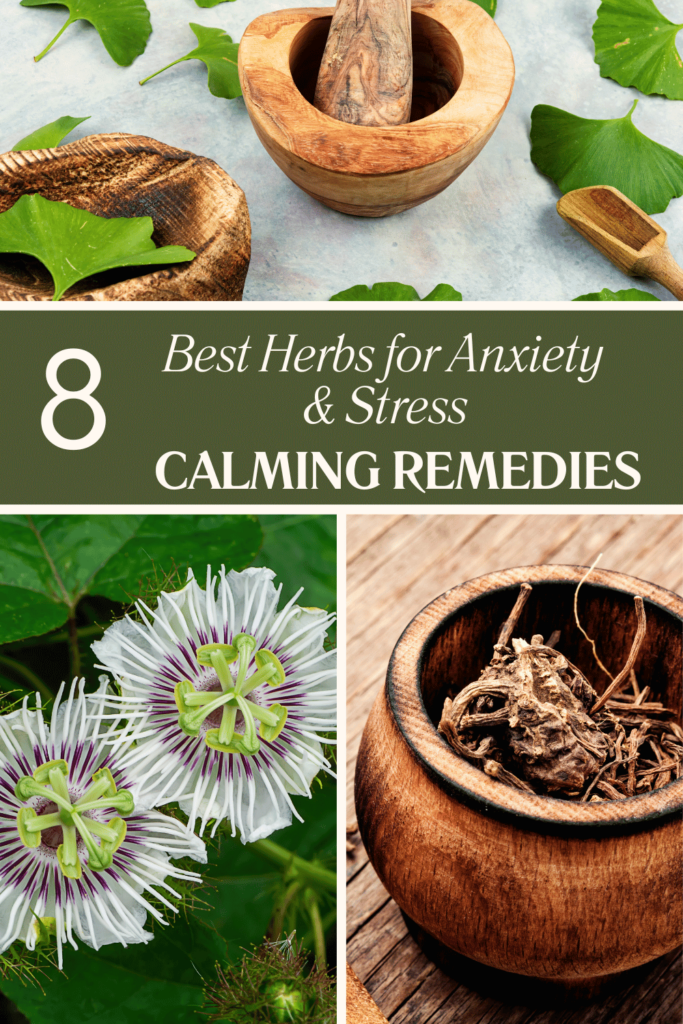
Understanding Anxiety and Its Symptoms
Types of Anxiety Disorders
Anxiety manifests in various forms, making it essential to understand the different types to find effective natural remedies.
Generalized Anxiety Disorder (GAD)
Generalized Anxiety Disorder is characterized by persistent and excessive worry about everyday situations. Individuals with GAD often find themselves anxious even when there is no apparent cause for concern, leading to a constant state of unease.
Social Anxiety Disorder
Social Anxiety Disorder involves an intense fear of social situations. This condition can cause significant distress, leading individuals to avoid social interactions altogether, which can further isolate them.
Panic Disorder
Panic Disorder is marked by sudden and intense episodes known as panic attacks. During these attacks, individuals may experience symptoms such as a racing heart, shallow breathing, and feelings of impending doom, making the experience terrifying and difficult to manage.
Obsessive-Compulsive Disorder (OCD)
Obsessive-Compulsive Disorder involves recurrent, unwanted thoughts (obsessions) and repetitive behaviors (compulsions). These can become debilitating, interfering with daily life and contributing to heightened anxiety levels.
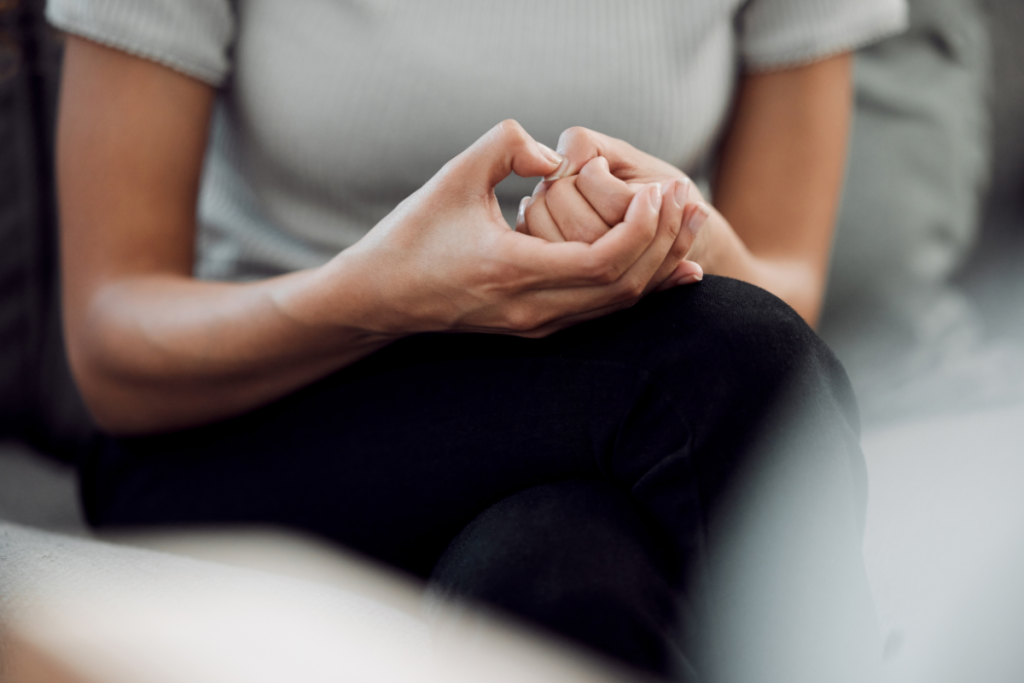
Common Symptoms
Anxiety symptoms can manifest both physically and mentally, impacting individuals in various ways.
Physical Symptoms
Physical manifestations of anxiety often include an increased heart rate, shallow breathing, and fluctuations in blood pressure. These symptoms can create a sense of physical discomfort, leaving a person feeling constantly on edge.
Mental Symptoms
Mentally, individuals may experience overwhelming feelings of anxiety, heightened stress levels, and even panic attacks. This mental turmoil can create a vicious cycle, making it challenging to find relief or focus on daily activities.
Why Natural Remedies Are Worth Exploring
Natural remedies for anxiety are gaining popularity as individuals seek calming effects without the side effects associated with conventional medications. Using these best herbs for anxiety is a great start at taking back some control over your emotions.
Comparing Natural Remedies to Conventional Medicines
While medications like selective serotonin reuptake inhibitors (SSRIs) and tricyclic antidepressants can be effective, they often come with potential side effects such as fatigue, weight gain, and withdrawal symptoms. In contrast, many herbal treatments can provide relief while supporting overall well-being.
Holistic Approach to Managing Anxiety
By exploring natural options, individuals can find a more holistic approach to managing anxiety that aligns with their lifestyle and health goals. This exploration may include integrating herbs into their routine, practicing mindfulness techniques, and making lifestyle changes to promote overall mental health.
Best Herbs for Anxiety and Their Benefits
Valerian Root
Valerian root is renowned for its calming effects on the nervous system, making it a popular choice for managing anxiety.
Active Ingredients
This herb contains active compounds that promote relaxation and exhibit anxiolytic effects, helping to ease tension and promote a sense of calm.
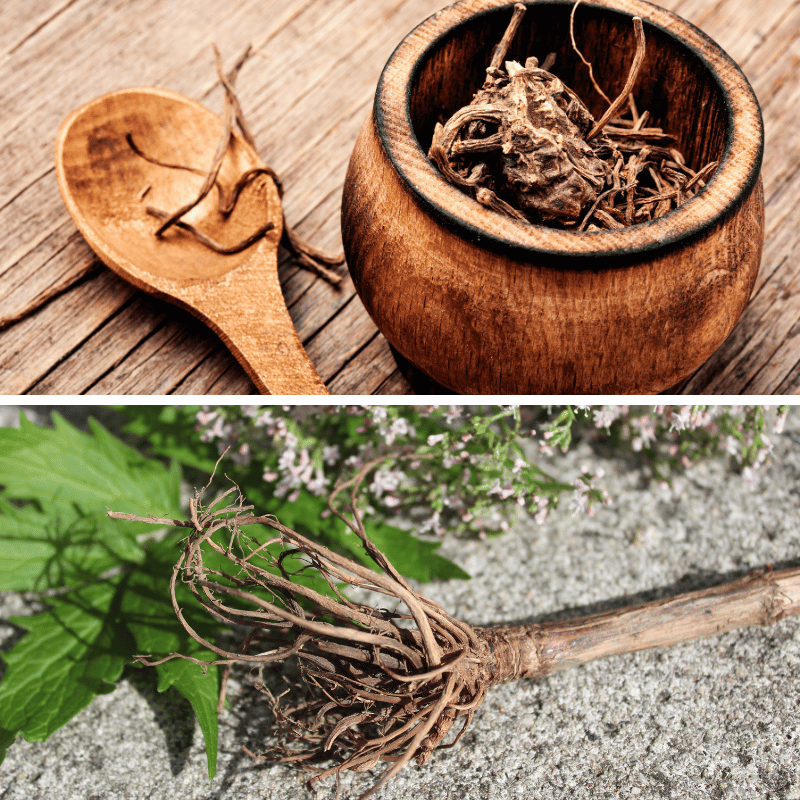
Scientific Studies
Clinical trials and small studies have highlighted significant reductions in anxiety symptoms among participants using valerian root. These findings demonstrate its potential as an effective natural remedy for anxiety relief.
Practical Use
For those considering valerian root, it’s essential to use it safely. I recommend focusing on short-term use, particularly during times of increased stress or when you need a little extra support.
Lavender
Calming Effect
Lavender essential oil is renowned for its relaxing and soothing properties, making it an effective ally for reducing feelings of anxiety and promoting restful sleep. Many people find that the gentle aroma of lavender can instantly create a calming atmosphere, perfect for winding down after a long day.
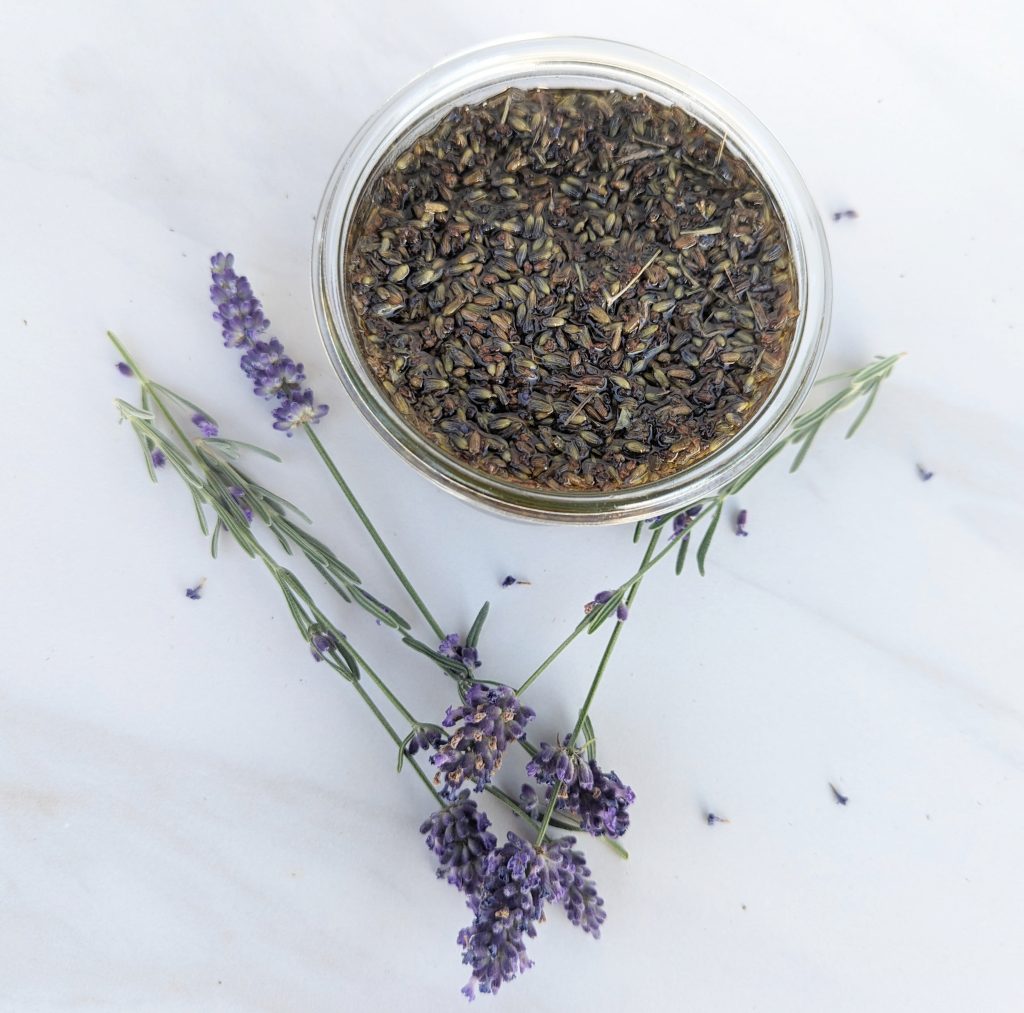
Scientific Research
Numerous studies support the anxiolytic effects of lavender. Research has shown significant decreases in anxiety symptoms when lavender is used in various forms, including oils, teas, or even herbal capsules. For instance, a study published in the journal Phytotherapy Research highlighted that participants who inhaled lavender essential oil experienced notable reductions in anxiety levels, demonstrating its potential as a natural remedy.
Practical Use
In my personal experience, I often use lavender essential oil in a diffuser during the evening to create a tranquil environment. Additionally, adding a few drops of lavender oil to a warm bath can enhance relaxation, providing a calming end to the day. It’s a simple yet effective way to incorporate this soothing herb into my self-care routine.
Holy Basil (Tulsi)
Adaptogenic Benefits
Holy Basil, also known as Tulsi, is celebrated for its adaptogenic properties, which help the body adapt to stress and regulate cortisol levels. This ancient herb has been used in Ayurvedic medicine for centuries, offering a natural approach to maintaining emotional balance and well-being.
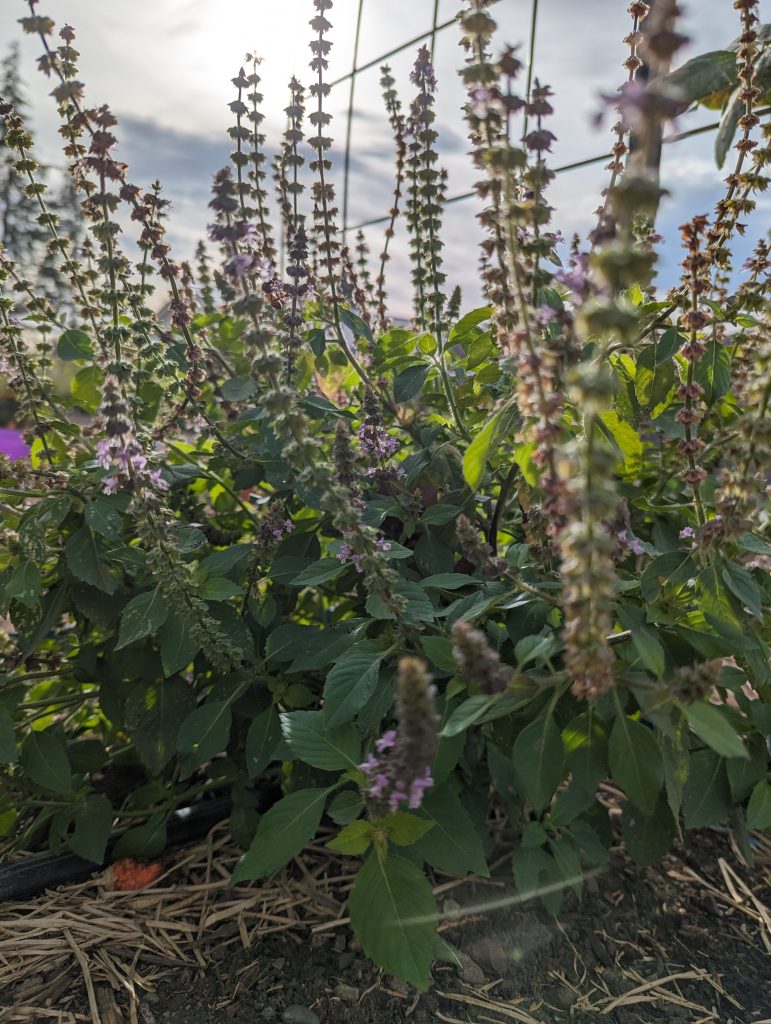
Therapeutic Use
Holy Basil supports the nervous system, making it an excellent choice for maintaining calm during stressful situations. Its unique blend of compounds helps reduce feelings of anxiety while promoting a sense of peace and tranquility, allowing individuals to navigate daily challenges with greater ease.
Daily Routine
I suggest incorporating Holy Basil into your daily routine by enjoying it as a herbal tea. I often drink a cup of Tulsi tea in the morning to start my day with a calm, focused mindset. Not only does it provide soothing benefits, but it also enhances overall well-being, making it a delightful addition to my morning ritual.
Lemon Balm
Lemon balm is another powerful herb with numerous benefits for anxiety management.
Therapeutic Effects
Known for its calming effects, lemon balm can help reduce cortisol levels, which may be elevated in stressful situations. By managing cortisol, it can help create a more relaxed state of mind.
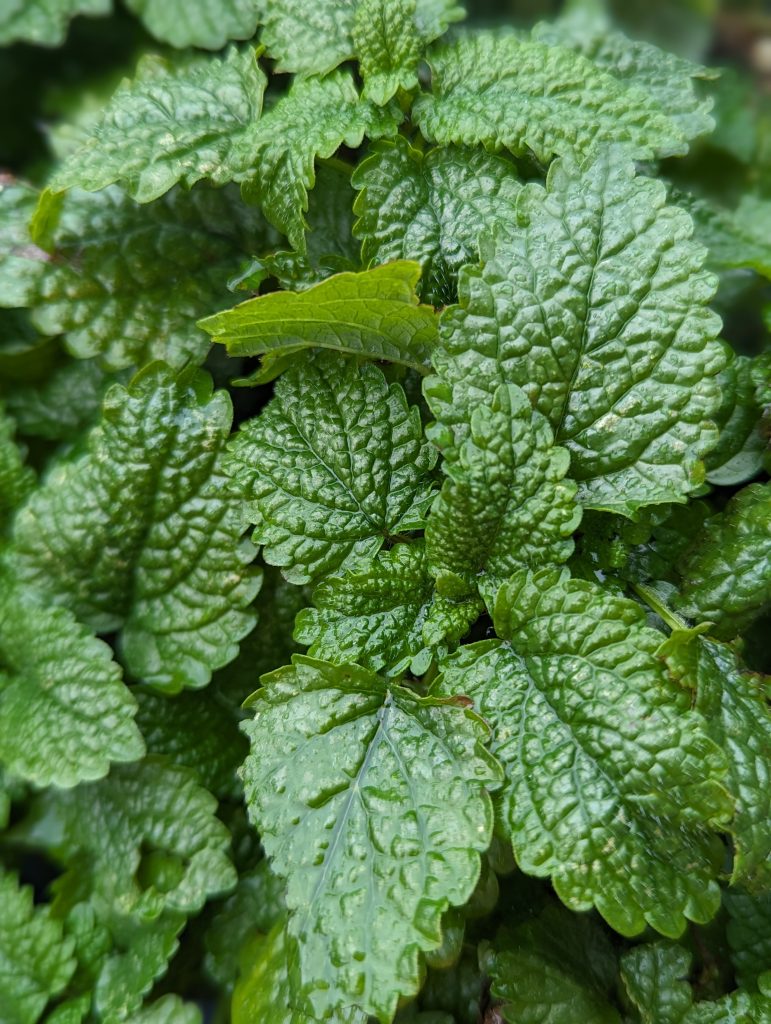
Various Forms
This herb is versatile and available in several forms, including essential oil, herbal teas, and dietary supplements. Personally, I often turn to lemon balm tea for a soothing afternoon break, especially during busy days with the kids.
St. John’s Wort (Hypericum Perforatum)
St. John’s Wort is often used for its mood-enhancing properties, making it beneficial for those experiencing anxiety.
Potential Benefits
Research suggests that it has a positive effect on mood and anxiety, particularly for symptoms associated with mild depression. This makes it a valuable herb to consider for overall emotional well-being.
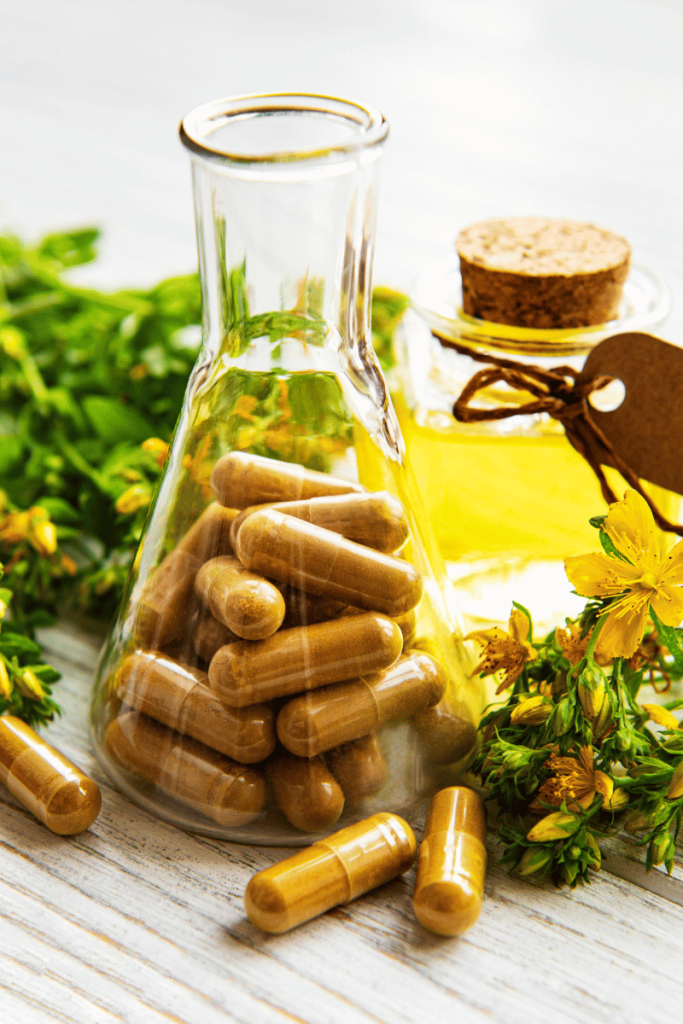
Safety Concerns
However, it’s essential to note that St. John’s Wort can interact with prescription medications. Always consult with a healthcare provider before starting this herb, especially if you’re taking other medications. Personally, I’ve found it beneficial for mild anxiety but emphasize checking with a professional.
Passionflower (Passiflora Incarnata)
Passionflower is widely recognized for its relaxing properties.
Anxiolytic Effects
This herb is often used to promote relaxation and improve sleep quality, making it an excellent choice for those dealing with anxiety.
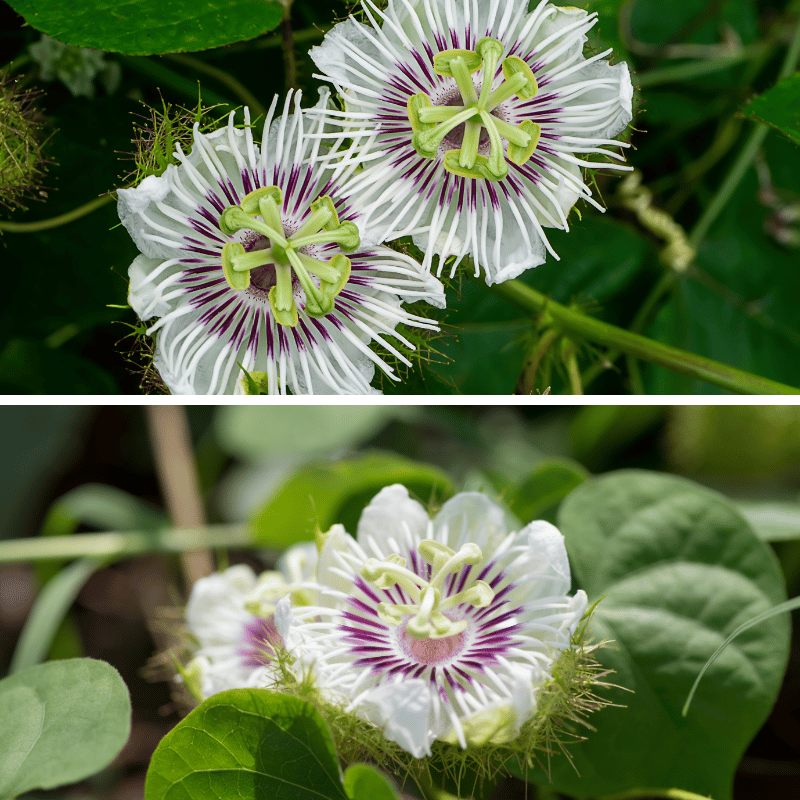
Small Studies
Even small studies have shown a significant decrease in anxiety symptoms among participants using passionflower, reinforcing its efficacy as a natural remedy.
Herbal Teas and Supplements
Incorporating passionflower into your daily routine is easy. You can enjoy it as an herbal tea or as a dietary supplement, providing flexibility based on your preferences.
Ginkgo Biloba
Ginkgo Biloba is not only known for its cognitive benefits but also for its potential to reduce anxiety.
Cognitive Function and Anxiety
This herb may help enhance mental clarity while simultaneously reducing anxiety symptoms, making it a dual-purpose ally for those seeking relief.
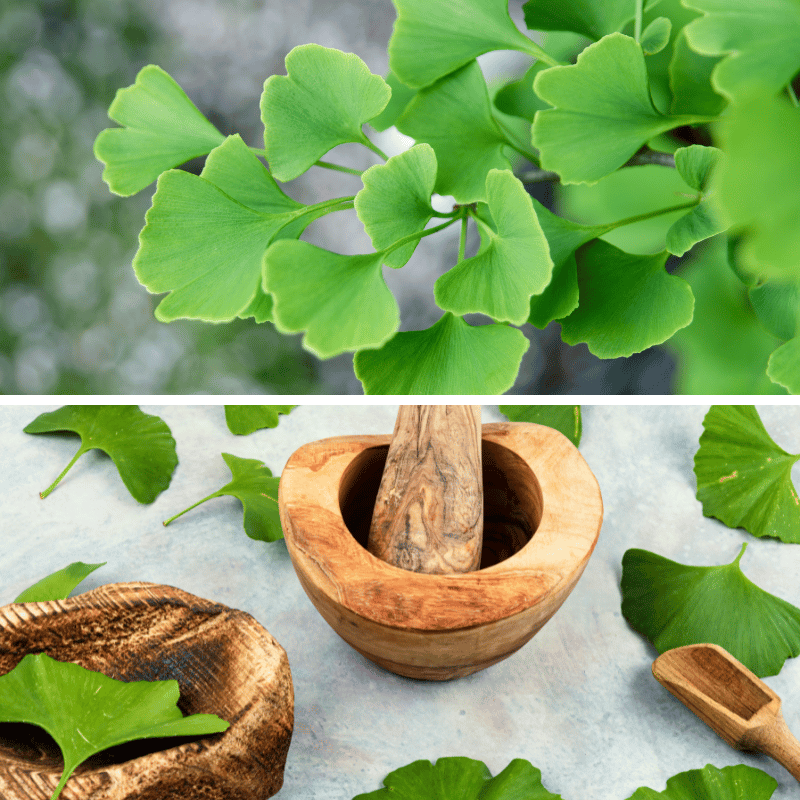
Scientific Research
Placebo-controlled studies have shown positive results, supporting Ginkgo Biloba’s calming effects and its role in anxiety management.
Ashwagandha
Ashwagandha is celebrated for its adaptogenic properties, helping the body adapt to stressful situations.
Stress Levels
This powerful herb has gained popularity in recent years as a natural solution for combating anxiety and stress. Its ability to help regulate stress levels makes it a top choice for many.
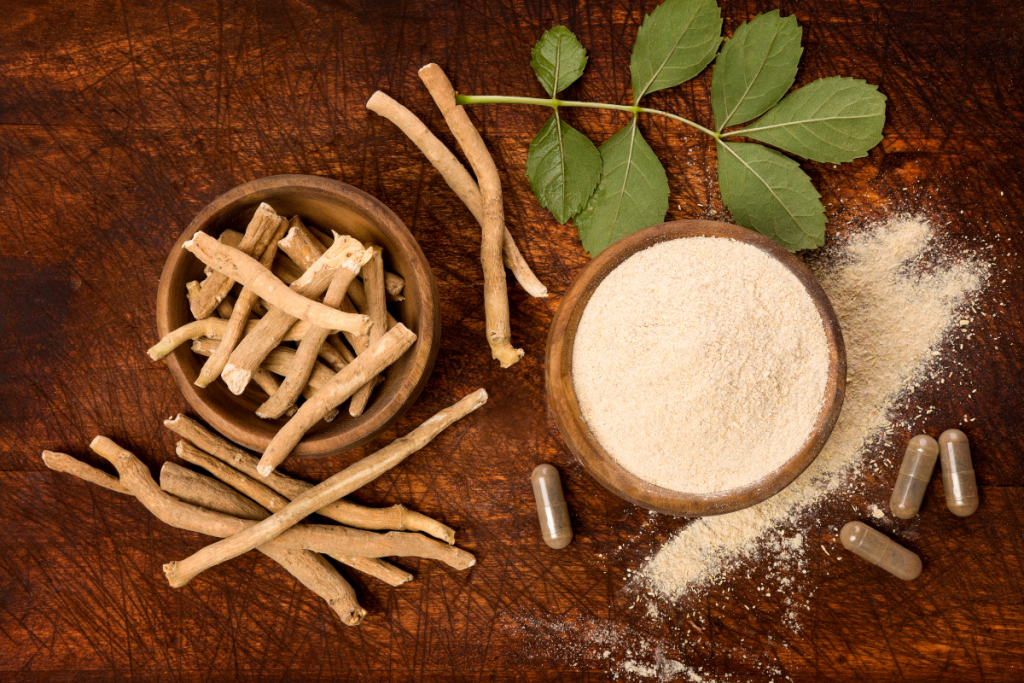
Therapeutic Use
I’ve personally witnessed its benefits, and many clients have shared positive experiences, highlighting how ashwagandha can support overall mental well-being.
Complementary Natural Strategies for Reducing Anxiety
Meditation and Deep Breathing
Meditation and deep breathing are powerful tools that can enhance your overall sense of well-being, especially when used alongside herbal treatments. For me personally, prayer is my go-to throughout the hectic day and chaos.
Relaxation Techniques
Combining these techniques with herbal remedies offers a holistic approach to managing anxiety. Engaging in meditation or prayer helps bring you back to the present moment, allowing you to focus on your breath and release tension. This practice can amplify the calming effects of the herbs you may be using.
Personal Practice
I find that taking just a few minutes each day to practice deep breathing and prayer significantly benefits my mental state. During those chaotic moments with my kids, simply pausing to focus helps me feel more grounded.
Incorporating Herbal Products into Your Routine
Personalized Herbal Remedies
As a Registered Nurse and a mom of five, I understand the importance of finding effective and safe solutions for managing anxiety. That’s why I’ve crafted a range of herbal products that harness the power of nature to support your mental well-being.
Herbal Teas and Calming Blends
In my shop, you’ll find a variety of calming teas infused with ingredients known for their soothing properties, such as lemon balm, valerian root, and passionflower. These teas are perfect for unwinding after a long day or during a hectic afternoon, offering a moment of peace in your busy life.
Passionflower and Sleepytime Tinctures
I also make Passionflower Tincture, which promotes relaxation and helps ease anxiety. Additionally, my Sleepytime Tincture is designed to quiet your mind, making it easier to drift off to sleep. These tinctures are made with care, using high-quality herbs to provide you with effective support for your mental well-being.
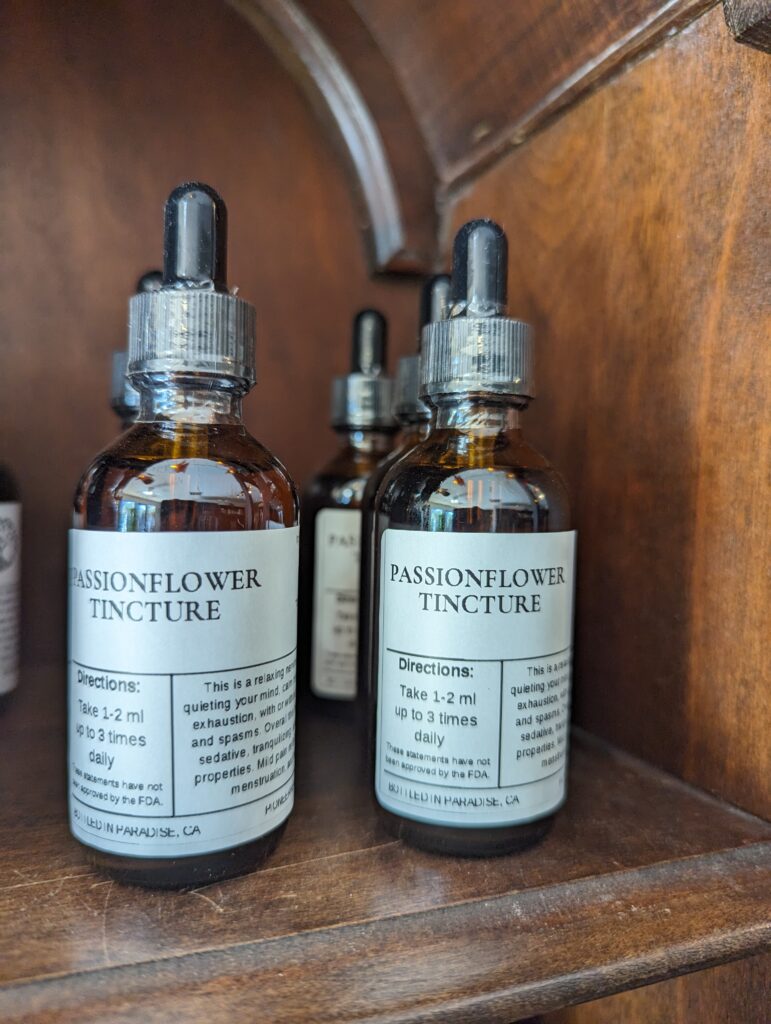
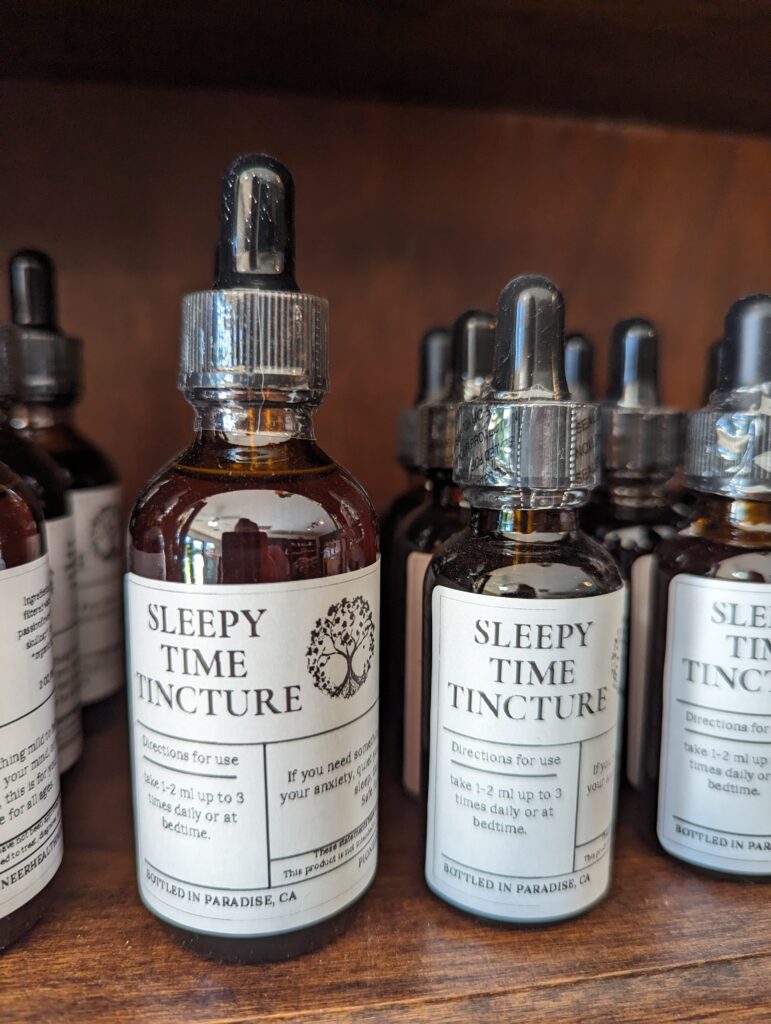
Natural Topicals for Stress Relief
In addition to teas and tinctures, I create a variety of herbal topicals infused with calming herbs. My Calm & Soothe Magnesium Lotion is particularly beneficial for reducing muscle tension and promoting relaxation, making it a wonderful addition to your self-care routine. This lotion not only soothes the skin but also provides a calming effect, helping to create a moment of tranquility in your busy day.
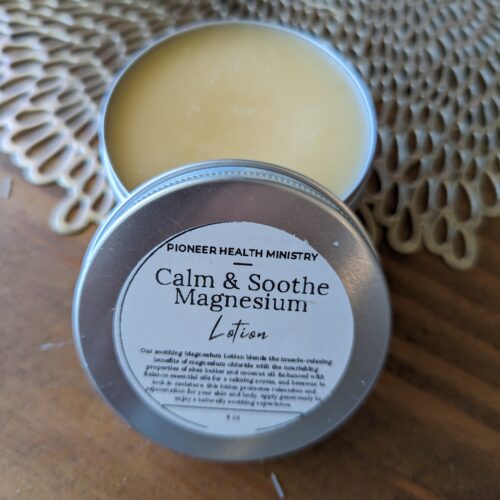
Custom Blends
If you’re unsure which herbal remedies suit your needs, I encourage you to explore my custom blends tailored for stress relief and anxiety support. Each product is made with love and care, utilizing high-quality, ethically sourced ingredients.
Emphasizing the Importance of Consultation
While I believe in the power of herbal remedies, I always recommend consulting with a healthcare provider, especially if you’re currently on medication. It’s essential to ensure that any new herbal treatments work harmoniously with your current regimen.
This updated section now includes the Calm & Soothe Magnesium Lotion, highlighting its role in your product offerings for managing anxiety.
Lifestyle Changes and Nutritional Supplements
In addition to herbal remedies, certain lifestyle changes and nutritional supplements can play a crucial role in reducing anxiety levels.
B Vitamins and Fatty Acids
Nutritional supplements like B vitamins and omega-3 fatty acids, particularly from fatty fish, are known to support the nervous system and help reduce stress. These nutrients can enhance your body’s ability to cope with anxiety and promote overall mental health.
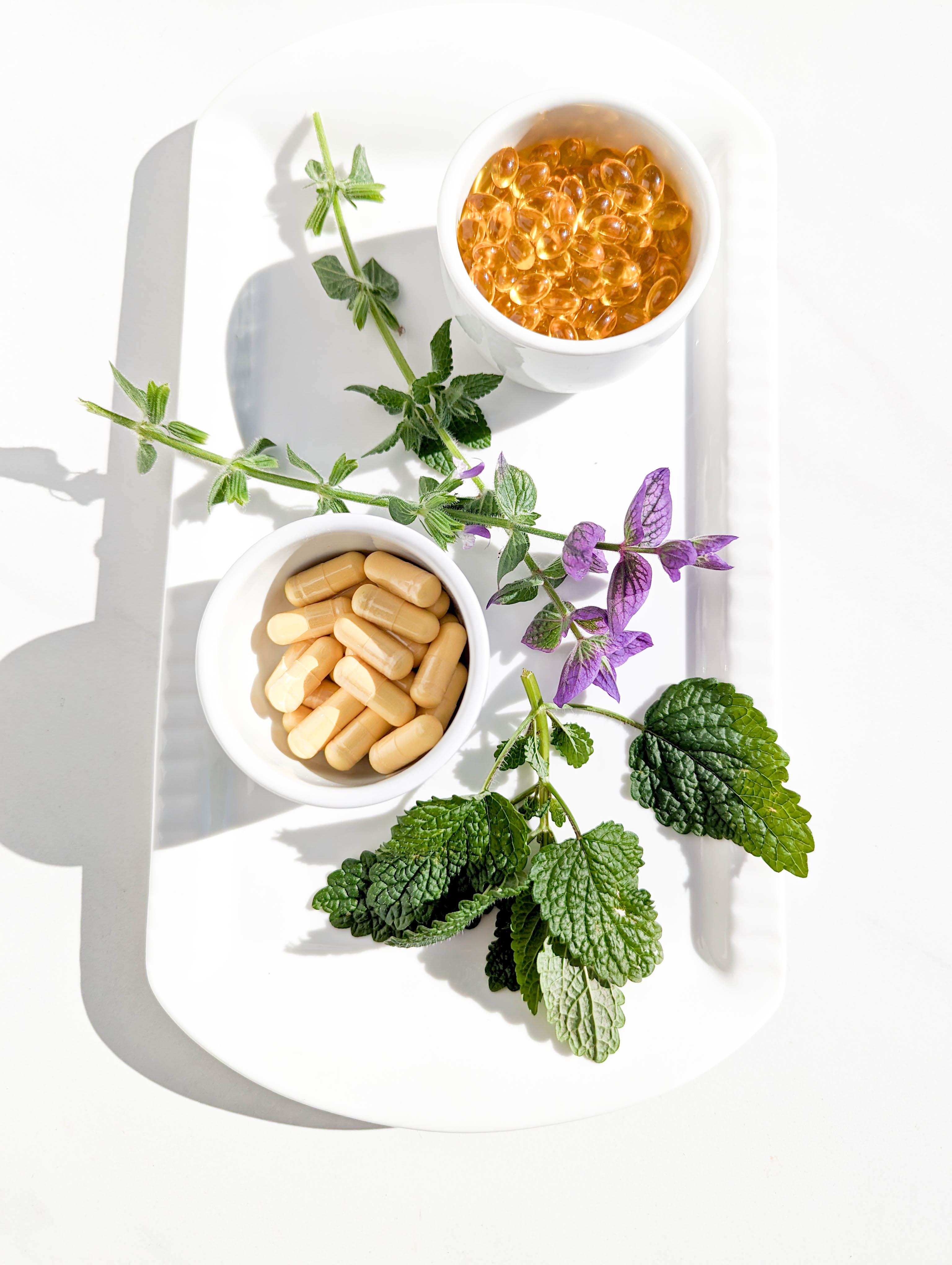
Healthy Diet and Hydration
Making small changes to your diet can lead to significant improvements in your mood and anxiety levels. Incorporating calming herbs, such as chamomile or lemon balm, into your meals can provide additional support. Additionally, staying hydrated is essential, as even mild dehydration can impact your mood.
Physical Activity
Lastly, regular physical activity can work wonders for your mental health. Engaging in simple exercises, such as walking, yoga, or even playing with your kids, can improve your mood and lessen anxiety symptoms. The release of endorphins during physical activity contributes to a more positive outlook and can help you better manage stress.
Safety Concerns and Things to Consider
Consulting with a Healthcare Provider
When exploring herbal remedies for anxiety, it’s crucial to have a conversation with your healthcare provider. As a Registered Nurse, I’ve seen firsthand the benefits that herbal products can offer, but it’s important to approach their use with caution, especially if you’re currently taking prescription medications or experiencing severe anxiety symptoms. Your healthcare provider can provide personalized guidance tailored to your unique health needs.
Importance of Guidance
Herbal products can interact with conventional medications, sometimes altering their effectiveness or increasing the risk of side effects. Therefore, discussing your interest in herbal remedies with your healthcare provider ensures that you receive a safe and effective treatment plan. They can help identify any potential interactions and monitor your progress as you incorporate these natural options into your routine.
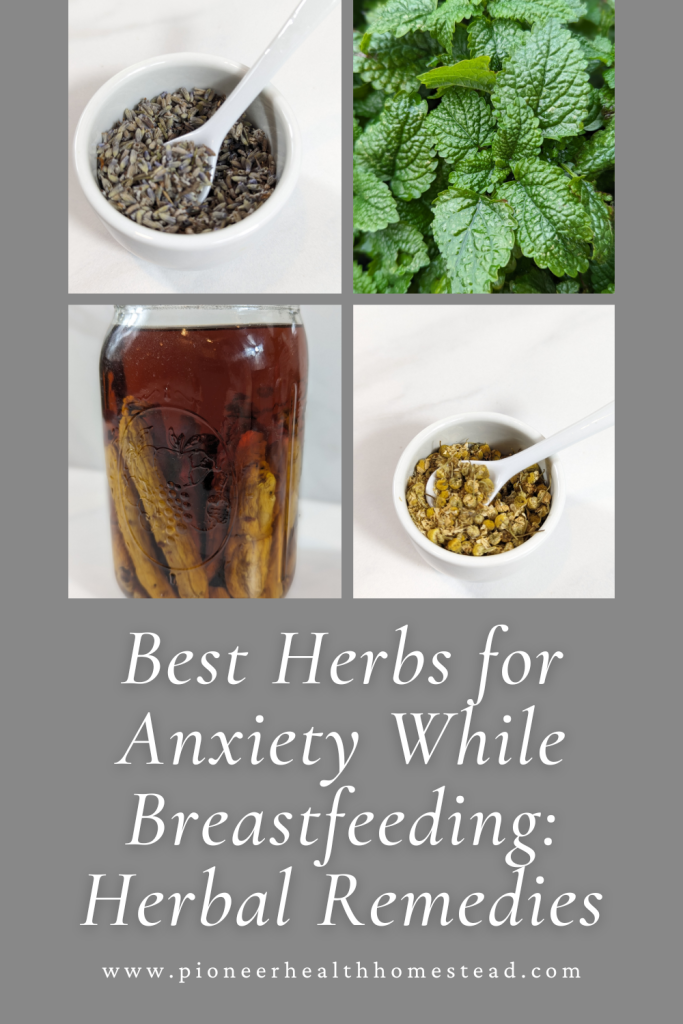
Potential Side Effects and Adverse Reactions
While many herbal remedies are considered safe, they can still pose risks. Common concerns include allergic reactions, which can manifest as skin rashes, digestive issues, or respiratory problems. Additionally, some herbs, when used improperly or in excessive amounts, may lead to more serious issues such as liver damage. For example, St. John’s Wort is known for its potential to affect liver enzymes, impacting how other medications are metabolized. Always be mindful of how your body responds when trying a new herbal product.
Long-Term Use
Incorporating herbal supplements into your wellness routine can be beneficial for both short-term relief and long-term health. However, it’s essential to approach long-term use with caution. Start with lower doses to assess your tolerance, gradually increasing as needed. Additionally, it’s a good idea to take breaks from continuous use, allowing your body to reset and preventing potential dependency. Regular check-ins with your healthcare provider can help you navigate the long-term use of these products safely.
Empowering Your Wellness Journey
By working in collaboration with your healthcare provider, you can confidently explore herbal remedies while ensuring your safety and well-being. Remember, natural doesn’t always mean risk-free, so being informed and cautious is key to achieving the best results for your mental health. With the right approach, you can enhance your wellness journey through the supportive power of herbs.
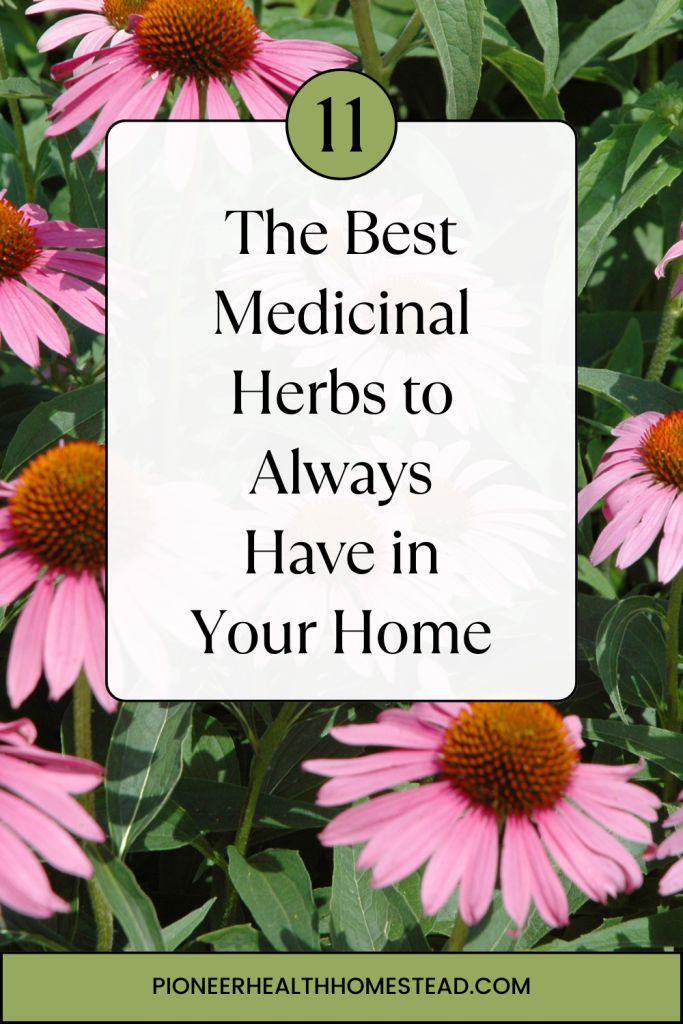
Overview
In our journey to understand anxiety and its natural remedies, we’ve explored the various types of anxiety disorders and their symptoms, highlighting the importance of seeking holistic approaches to manage stress. The herbs discussed, including valerian root, lemon balm, and passionflower, offer promising benefits and can be integrated into your daily routine for anxiety relief. Additionally, we’ve examined complementary strategies such as mindfulness meditation, nutritional supplements, and lifestyle changes to enhance your overall well-being.
It’s important to remember that while herbal remedies can be beneficial, consulting with a healthcare provider is essential to ensure safe and effective use, especially when managing ongoing symptoms or taking other medications. By being proactive in your wellness journey and considering natural options, you can create a more balanced and supportive approach to managing anxiety.
Let Me Know!
If you’re interested in discovering how natural remedies can aid in anxiety relief, be sure to check out our Vine & Branch Shop for a range of herbal products, including my calming teas and passionflower tincture, designed to support your wellness journey. Additionally, I invite you to explore related blog posts on natural remedies and holistic health practices for more valuable information. Together, let’s empower ourselves to find natural solutions for a healthier, more balanced life! Feel free to share your experiences or questions about anxiety management in the comments below—I’d love to hear from you!
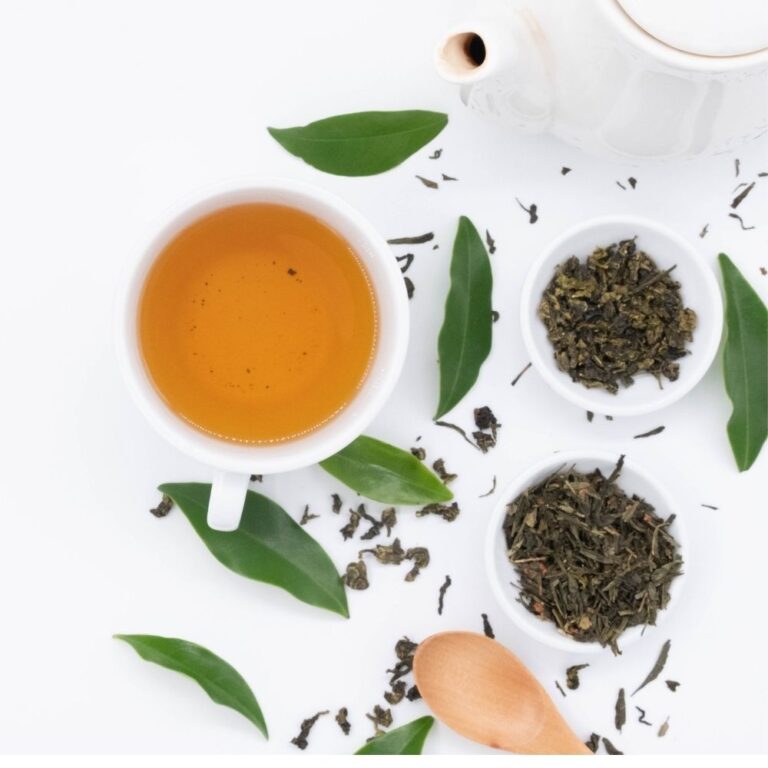
Green Tea Vs Herbal Tea: The Best Complete Tea Guide
Sharing is caring! Facebook Pinterest X Green Tea Vs Herbal Tea: The Best Complete Tea Guide Understanding the Differences Green tea vs herbal tea is a popular debate among tea lovers worldwide. Both offer unique flavors, health benefits, and caffeine content. Tea has a rich history and is enjoyed in many cultures. From Chinese green…
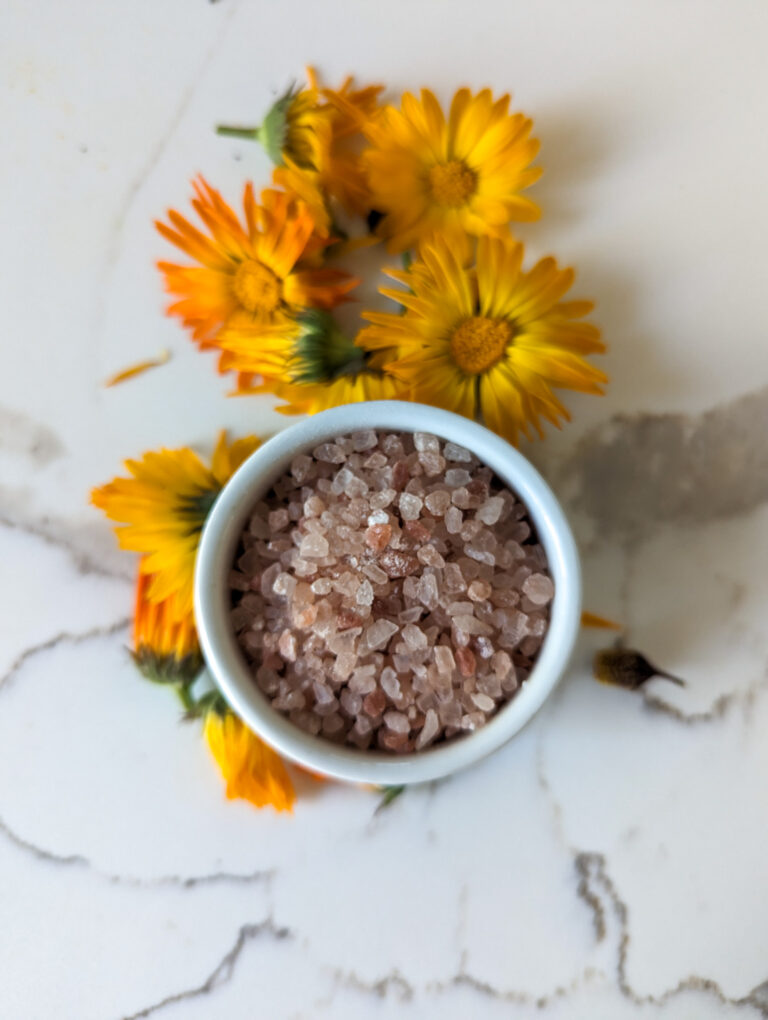
How to Make Bath Salts Without Epsom Salt: Free Recipe
How to Make Bath Salts Without Epsom Salt: Free Recipe How to Make Bath Salts Without Epsom Salt Homemade bath salts without Epsom salt are a great way to enjoy a luxurious soak. You can use natural ingredients like coarse sea salt, baking soda, and pink Himalayan salt for a soothing experience. A relaxing bath…
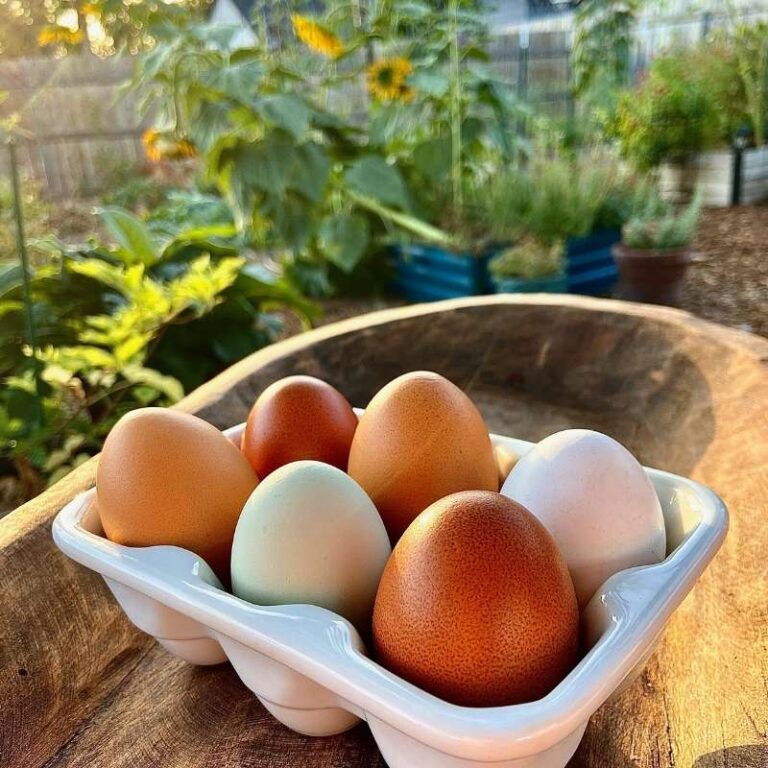
Homesteading in California: How to Start at Any Stage
Homesteading in California: How to Start at Any Stage How Homesteading in California is Possible Homesteading in California is a journey that looks different for everyone, depending on where you live in this vast and diverse state. From the deserts dotted with Joshua trees in the south, to the rugged mountain ranges in the north,…
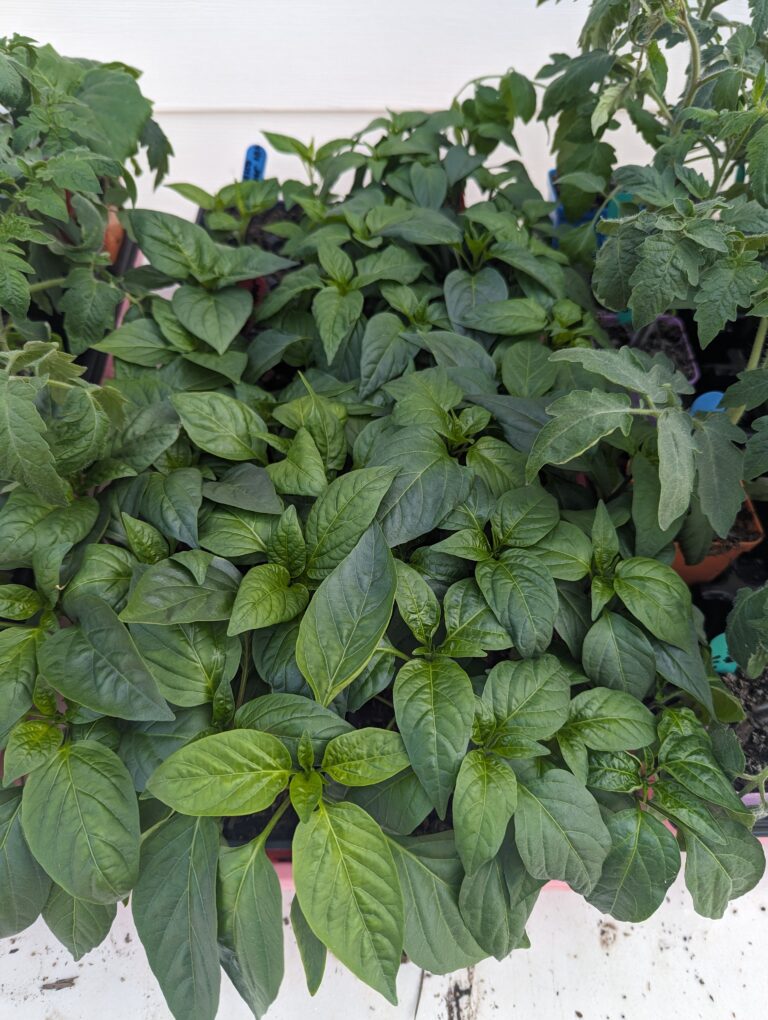
How to Make Peppers Grow Faster: Guide and Easy Tips
How to Make Peppers Grow Faster: Guide and Easy Tips How to make peppers grow faster is a common question among home gardeners seeking to maximize their growing season. Whether you’re nurturing sweet peppers, green peppers, or hot pepper plants, creating ideal conditions is essential for pepper success. The best way to achieve healthy pepper plants…

The Different Types of Cloth Diapers: Ultimate Guide
The Different Types of Cloth Diapers: Ultimate Guide The different types of cloth diapers offer a sustainable and eco-friendly alternative to disposable diapers for your baby. As a mom of five and a Registered Nurse, I’ve seen the many benefits of reusable cloth diapers firsthand. This guide will help you understand the major types of…
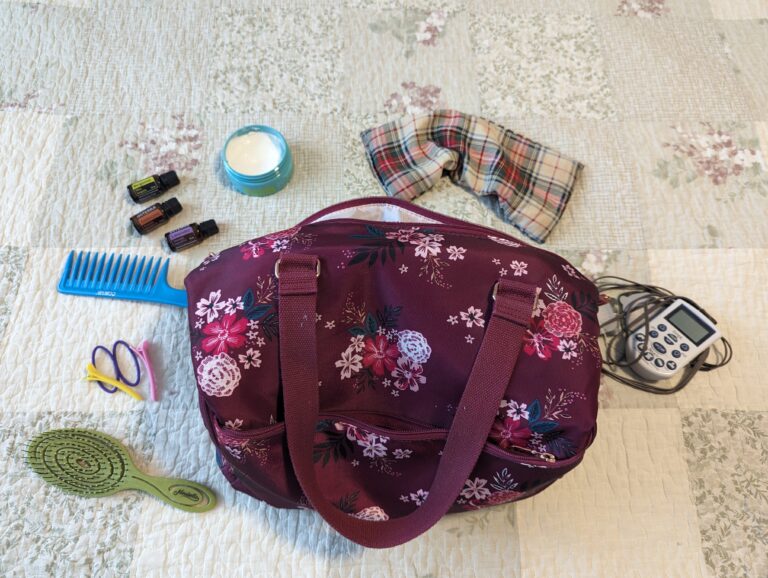
The Best Doula Bag Essentials Kit for Birth and Postpartum
The Best Doula Bag Essentials Kit for Birth and Postpartum The Best Doula Bag Essentials Kit for Birth and Postpartum A well-stocked doula bag is essential for supporting women during birth and postpartum. As a Registered Nurse, mother of five, and former Navy Hospital Corpsman, I’ve experienced the birthing world from many angles. I’ve worked…
